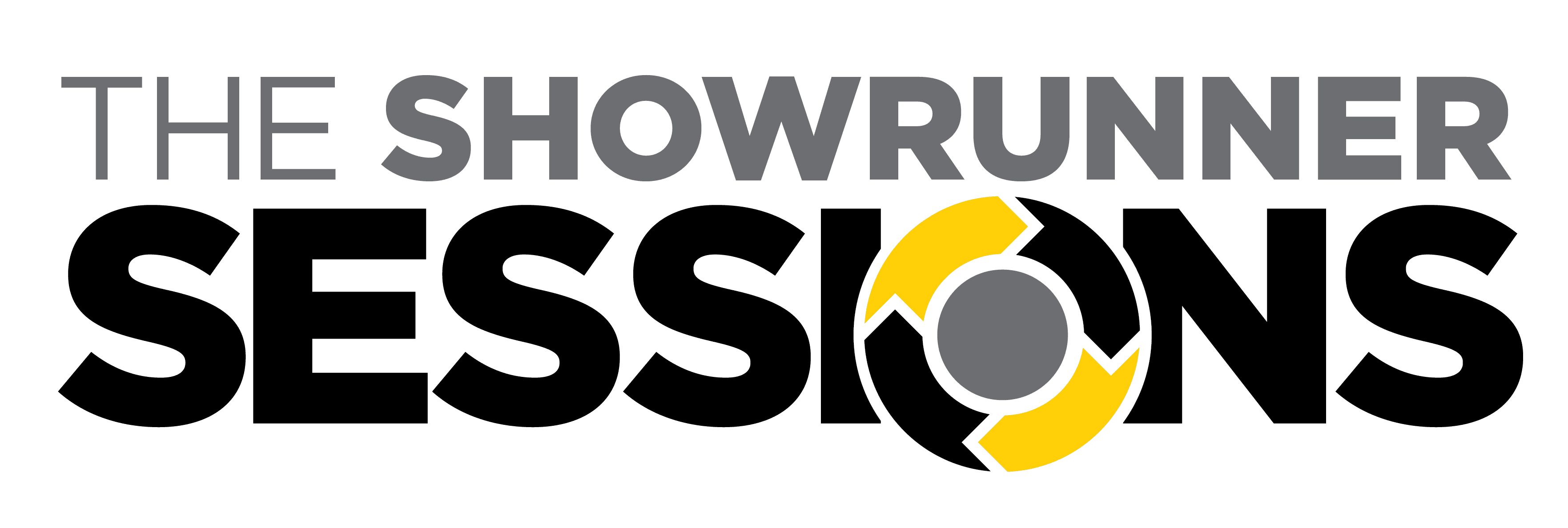How to Find Creative Momentum On-Demand When Facing Stress or Boredom
Abby Sullivan hosts and produces one of the marketing world’s most demanding shows. A member of the marketing team at the software startup ProfitWell, which produces a handful of original series as part of their Recur Network for SaaS and DTC companies, Abby is responsible for RecurNow, the company’s daily — yes, daily — podcast.
In a past episode of 3 Clips, we dissected several moments of the show that make it work. The show is produced entirely in-house and recently re-launched with renewed focus on curating the news from around the “subscription economy.” Given this rigorous role, Abby naturally sent MSR a question recently, which I answered on a listener mailbag episode of 3 Clips. I wanted to post the full response here, because I think it’s an important topic.
Abby asks, “How do you maintain a creative headspace when you’re under deadlines?”
I have a really strong stance on this, and I think the punchline is that part of being a professional creator is doing the work when you don’t feel like it. You publish because it’s Tuesday, not because you feel awesome. The train might feel like it’s struggling to chug down those tracks. It’s just starting up and every motion forward feels really difficult. You don’t have any momentum behind you. It’s a challenge.
As an aside, I think part of this answer is to take advantage of days when you do have momentum and you are “feeling it,” trying to work ahead of schedule and be productive on things that Future You needs to get done.
But the fact remains: We need to show up, all the time, every day — and, if you’re like Abby, ship every day too. So how do we do it? We do it by acting like professionals, creating even when we aren’t feeling it.
But here’s the real question: How do we get ourselves into the right headspace more frequently? Yes, there will be times more when we don’t feel great. But how can we feel great more often? Let’s dive into that…
Telic vs. Intrinsic Work
In 2012, I worked for an online gaming startup which, technically, created “gamified content.” (Remember when gamification was all the rage?) This content involved things like quizzes, drawing sketches, and playing basic puzzles to complete a story or an experience to learn about a topic — history, science, pop culture, sports, business.
As the head of the content team, I had to learn about game mechanics, which are those little design features and triggers that you find scattered throughout a given game, added by the game designers intentionally in order to delight and engage and ensnare players. For example, a progress bar that slowly fills up as you complete a questionnaire is a game mechanic. Seeing how much progress you’ve made in a survey makes you more likely to finish the survey because you want to fill up that progress bar. That’s a game mechanic.
In my research, nothing proved more powerful a concept to learn about than the idea of “telic” tasks. Telic means “done to a definite end” — in other words, a chore.
The antithesis of game design is making something that feels like a chore to complete. (You’d think it was the opposite for most brands — make things as tedious as possible to consume.) Just think, when something feels like a chore, all you want to do is finish it already. You’d rather skip it entirely than endure it. For example, if you keep dying during a level of Super Mario, re-starting the level and being asked to complete all the moments you already mastered makes the game feel like a chore. What was once enjoyable is now telic. You’d rather skip all that and resume the game where you left off — which is why, in Mario and many other games, you’re given checkpoints partway through a level which allow you to resume in that spot, rather than all the way back at the beginning, should you die or leave the game to return later.
For something to be enjoyable, it can’t feel telic.
The opposite of telic is intrinsic — or, more literally, “paratelic.” When you are intrinsically motivated, you’re not ending-oriented. You’re moment-oriented. The process is the point. The experiencing of the thing is the reason you’re there, not the finishing of the thing. Magically, when we show up for the experience of something, not the finishing of it, two great things happen: We seek it out more often, and we seek to improve it. Imagine of our work routinely gave us cause to do both those things, how much better that work would become?
But, to Abby’s question, so often we’re not “feeling it.” The work often does indeed feel telic. As a result, we’re not as mindful, we put it off, or we lean more heavily on automation or supposed shortcuts.
Think of it this way: Do you really want to sweep your floor later? Probably not. I think you’d rather blink your eyes and be done with it already. Sweeping is telic. It’s a chore. You just want the clean floor, no?
But just imagine if you felt intrinsically motivated to sweep? If you just enjoyed a good sweep as a hobby, a fun way to pass the time, guess what? You’d have cleaner floors. The outcome we seek is achieved when we enjoy the process. Said another way:
When we focus on the process, not the outcomes, we get better outcomes.
Now let’s go back to Abby’s question about showing up each day to do our work, even when we don’t feel like it. How do we get into the right, creative headspace more often, especially when you won’t always feel intrinsic motivation to do the work. The answer? Find the smallest possible intrinsically motivating task, and build momentum from that.
If you can find one little piece of something that gives you energy instead of draining it, one tiny moment where you can focus on the experience of doing it rather than the completing of it, the rest of the work starts to feel less like a chore, too. (Imagine playing a podcast while sweeping your floor, or perhaps sweeping a small patio outside in the warm sun next to your favorite reading nook. Focusing on those small little pieces of the overall chore can make the entirety of the chore feel like … well … not a chore at all.)
If you can feel one tiny spark of joy within the project, it might be enough to ignite the engine and get the train chugging down the tracks again. I believe you can generate that feeling of creative momentum on-demand. It’s not about treating the job like a chore. It’s about admitting you can’t do the job well unless it feels like not a chore, and working to identify a tiny moment piece of the process where that’s the case.
For me, I feel most present and moment-oriented when crafting episode intros. I just love the way great intros and cold opens make you feel. I love creating little experiential moments and immersive sounds and stories. I love exceeding the expectations of the listener who arrives having been bombarded by bad intros across the podcast landscape, and I love subverting the very use case for the intro entirely. To me, crafting intros feels like play. If the rest of the work feels like a chore (e.g. editing tape, scripting episodes, recording voiceover, and so forth), then I know I can just focus on creating an intro. I can then let that momentum carry me through the rest of the project.
Intros are my ice cream. The point isn’t to finish it. The point is to savor each bite. It never feels like sweeping my floor — even if the rest of the project felt that way to start.
For you, maybe it’s not an intro. Maybe it’s another moment inside of an episode or project. Maybe it’s about dipping into a list of ideas you’ve built up over time to select something you’ve been meaning to try. Maybe it’s about using a recurring type of episode that you can produce reliably every so often — a listener mailbag, a short monologue, or something else. Or maybe you look to something you admire from someone else and try to mimic that. Whatever the case, wherever you draw intrinsic motivation, be it big or small, just make sure you’ve taken a moment to identify it. Then, once you have, start there. I think you’ll find the momentum coming back again.
Thanks for the question, Abby. Wishing you more moments of creative flow.
If you have a question for a future mailbag episode of 3 Clips, please leave a comment or tweet me, @jayacunzo.
To find your creative momentum and use it to build a better show supporting your business and your career aspirations, explore our online, interactive, cohort-based workshops. The next session launches in the coming weeks. Learn more about the Showrunner Sessions.

Founder of Marketing Showrunners, host of 3 Clips and other podcasts and docuseries about creativity, and author of Break the Wheel. I’m trying to create a world where people feel intrinsically motivated by their work. Previously in content marketing and digital strategy at Google and HubSpot and VP of brand and community at the VC firm NextView. I write, tinker, and speak on stages and into microphones for a living. It’s weird but wonderful.
Get in touch anytime: jay@mshowrunners.com // Speaking inquiries: speaking@unthinkablemedia.com


